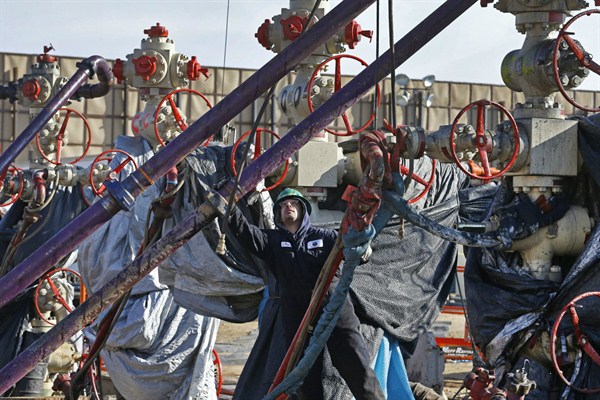Shale gas is revolutionizing the world’s energy landscape. Seemingly overnight, supplies have increased dramatically due to technological advances, including hydraulic fracturing—known as fracking—and horizontal drilling. A world accustomed to energy scarcity and declining supplies is rapidly readjusting to abundance, at just the time when concerns about global climate change and the desire to identify cleaner, relatively inexpensive fuel sources intensify. These conditions and the impressive size of proven reserves within the Western Hemisphere in particular provide the Americas with an enviable opportunity for leadership in global shale gas.
The United States, Argentina, Canada, Mexico and Brazil all rank within the top 10 countries in terms of technically recoverable shale gas reserves, making up approximately 40 percent of the world’s total supply. With the possible exception of Colombia, which also has significant shale gas potential—but whose government is actively engaged in peace negotiations to end some 50 years of guerrilla conflict—the Americas also offer a stronger security environment for exploration and production compared to other gas-producing regions like North Africa and the Middle East.
But Latin America still has work to do to maximize its energy potential. Shale gas development is capital intensive. The economics of exploration and production, including the costs of equipment, talent, and volumes, along with wellhead prices, drive initial investor interest. A variety of other factors, from the regulatory framework and the quality of infrastructure to environmental and other political considerations, also play a critical role, particularly given the relatively long timeframe it takes for energy investments to mature. Anything that complicates the business climate will discourage investors, who will seek opportunities elsewhere—locking up equipment, capital and talent. In an environment of energy scarcity, resource-rich nations hold the cards; investments will necessarily materialize. With abundance, investors will go where opportunities are the most promising.

